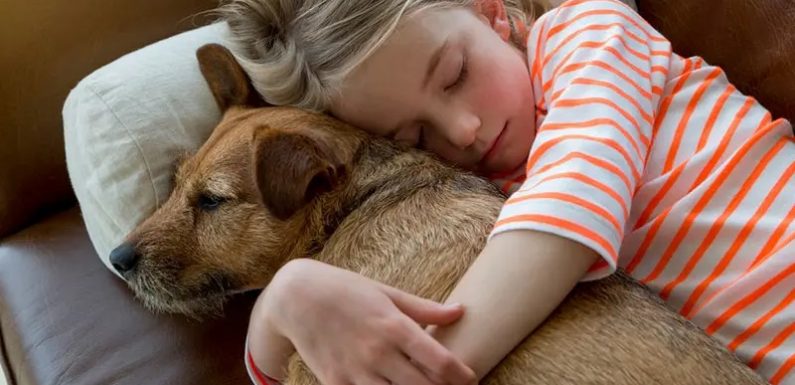
Experiencing the loss of a pet can be challenging for the entire family, regardless of the circumstances. Children, in particular, may find it hard to comprehend death, making this loss a highly traumatizing event. It is essential to take appropriate measures to provide a safe environment for your child to process their grief and emotions.
You might have purchased the best pet insurance for your pup to support it with comprehensive health coverage during its lifetime, but when death comes, it comes. Pet insurance for dogs can allow you to request quality medical assistance during unanticipated illnesses at affordable costs but note that not all physical health conditions can be reversed.
Here are some tips for helping your kids cope with the loss of a pet.
How to do it?
Helping children cope with the loss of a beloved pet can be a challenging and emotional experience. In this difficult time, here are some tips you can use to support them:
- Explain the pet’s passing in a gentle and straightforward manner, using language suitable for the child’s age and level of understanding. Avoid euphemisms and be honest about death.
- Let the child know feeling sad, angry, or confused is okay. Create a safe space for them to talk about their feelings and emotions without judgment or pressure to “get over it.”
- Children need to be told that their emotions are valid and normal. Offer reassurance and comfort, showing empathy and understanding.
- Involve the child in creating a memorial for the pet. This could be making a scrapbook with photos and memories, planting a tree in the pet’s memory, or having a small ceremony to say goodbye.
- Provide comforting items like a favorite toy, blanket, or stuffed animal to help them feel secure and supported.
- Stick to the child’s regular daily routine as much as possible. A sense of stability and predictability can provide comfort during times of grief.
- Help the child find healthy ways to cope with their emotions. This could include drawing, writing, talking to a trusted adult, or engaging in physical activities.
- It’s essential to give the child time to grieve before considering getting a new pet. Rushing to replace the lost pet may not allow them to process their emotions appropriately.
- If the child is having difficulty coping with the loss and their grief seems overwhelming or prolonged, consider seeking support from a counselor or therapist specializing in grief counseling for children.
Grieving is a natural process, and each child may take different amounts of time to heal. Be patient and supportive as they work through their feelings and memories.
By providing understanding, patience, and support, you can help children navigate the grieving process and eventually find a sense of healing and acceptance after losing their beloved pet.
Handle the situation sensitively knowing that furry lives matter as much as humans. Provide pets with the best care during their living years by supporting them with basic needs and medical backup in terms of pet insurance for dogs. Pet insurance covers a puppy’s testing, treatments, and medications up to the benefit limit during non-routine vet visits, which is why you should contemplate purchasing a policy.
